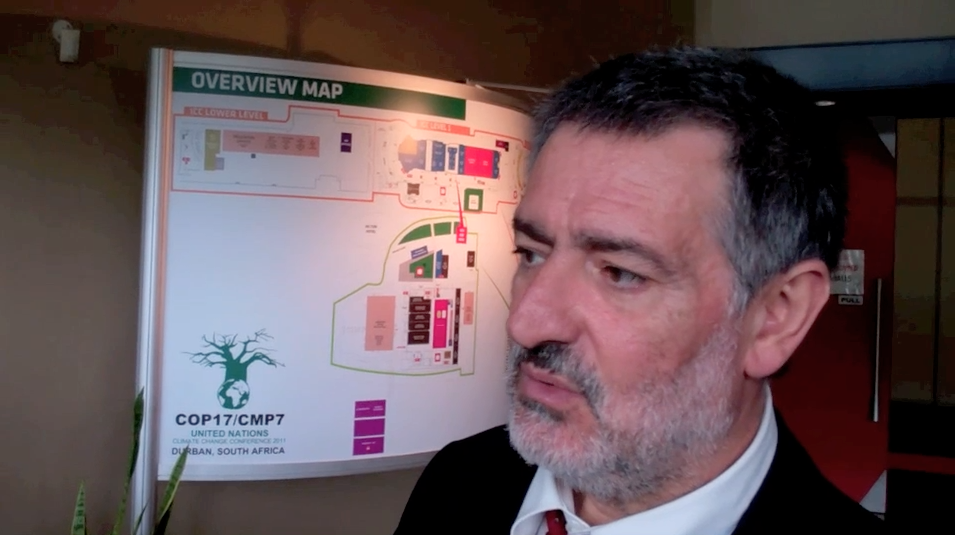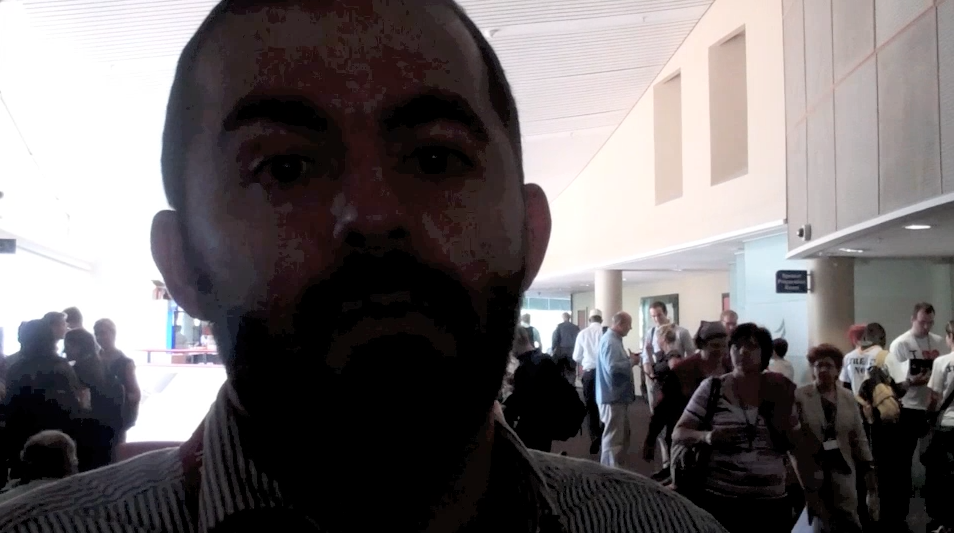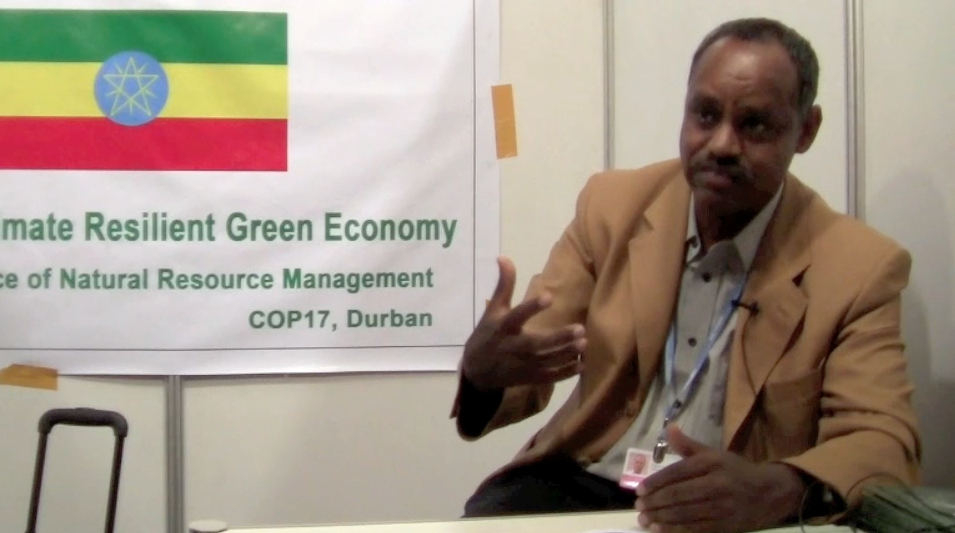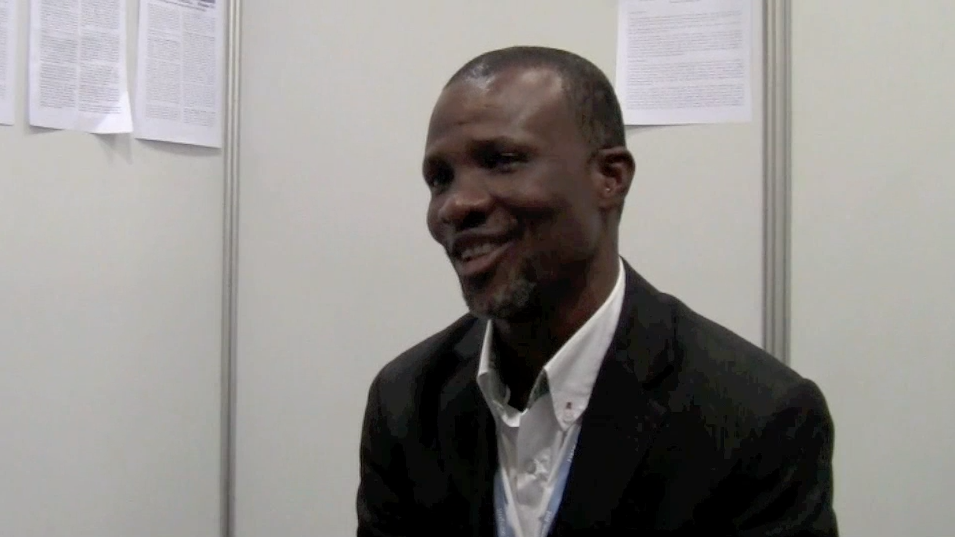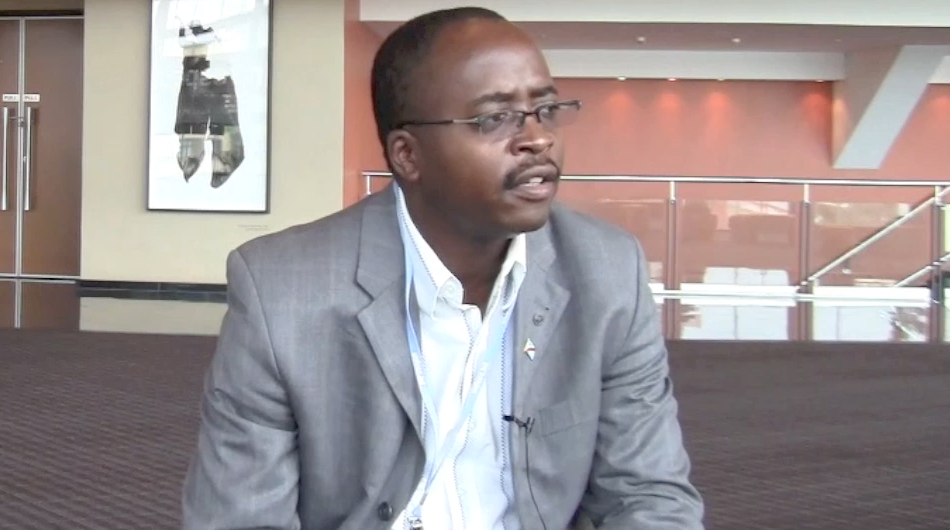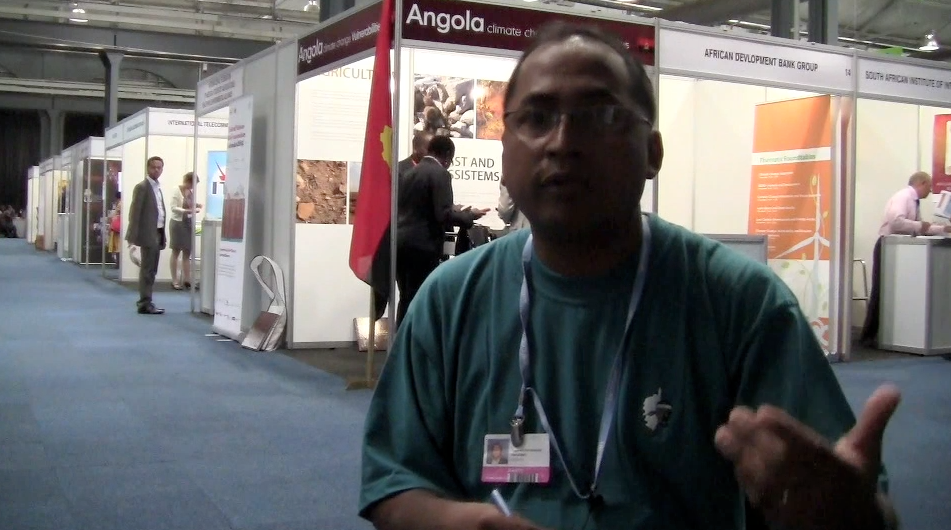Dr. José Romero, the Scientific Advisor to the Swiss Federal Department of Transport, Communication, and Energy, discusses the key issues in the climate negotiations. He claims the biggest challenge is finding a balance between what developing countries and developed countries are expecting and want. He says that Switzerland has decided to go ahead with the Kyoto Protocol as well as to launch a process to negotiate a legally binding commitment treaty to go in effect over the next few years.
Interviewed by Timothy Damon on December 9, 2011, COP 17, Durban, South Africa
